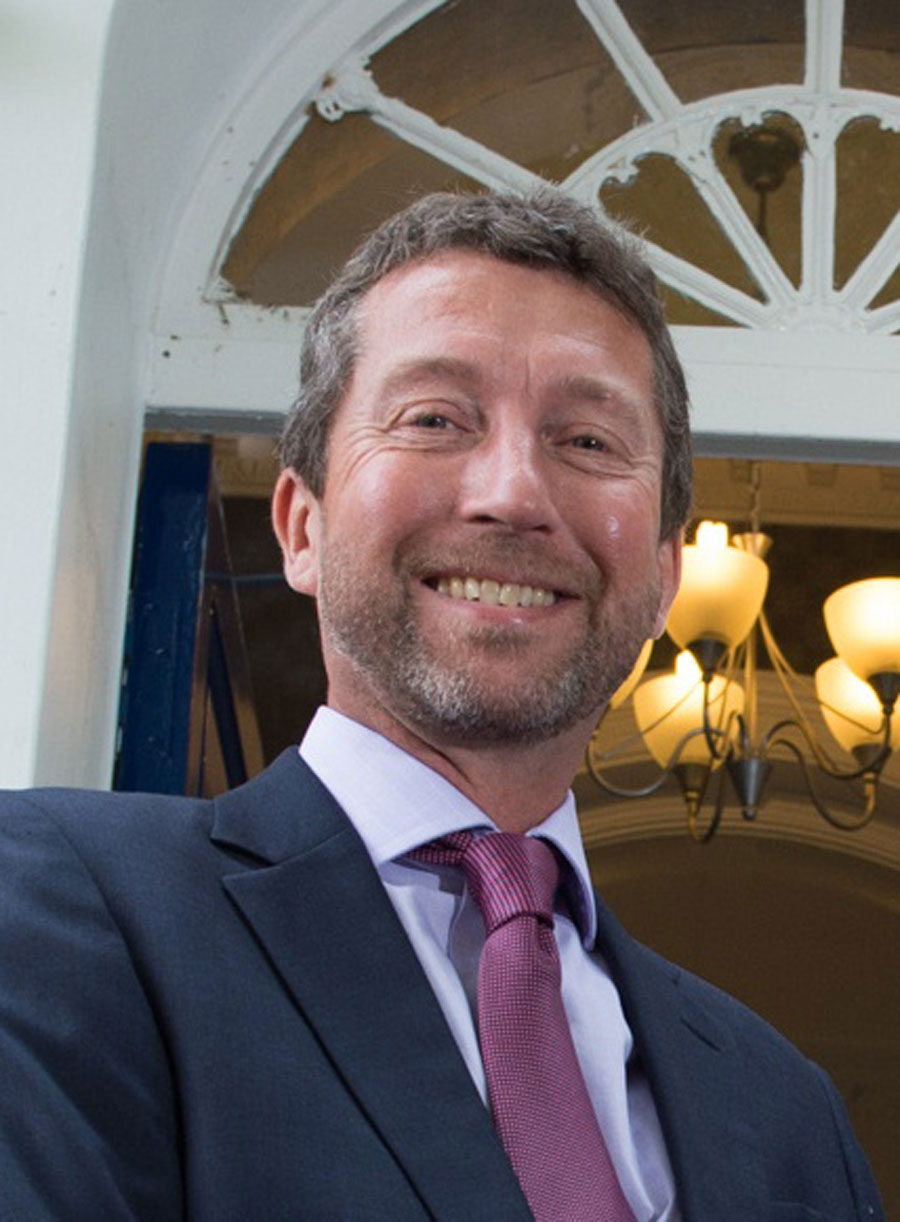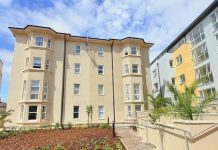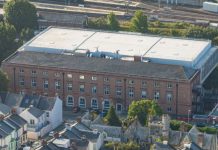Bristol’s future prosperity as a business centre depends on getting its transport infrastructure right, according to a commercial property agent who has been helping businesses find bases in the Bristol for 20 years.
Paul Williams of Bruton Knowles, who has spent more than two decades advising local businesses in the city, said initiatives like the re-opening of the Henbury Loop and tackling parking and congestion in the city centre are vital for business health.
He said: “Bristol has a loyal business community that want to be located in the city and will always find a suitable base, despite the transport difficulties. But businesses run by people from outside the city are often put off by the transport difficulties and as a result may instead take space elsewhere.
“In April this year TomTom published their latest Congestion Index study which confirmed what many people suspected; in terms of peak journey times, Bristol has a worse rush hour congestion problem than London, with an average 31% increase in journey times across the city.
“And whilst London’s traffic problems are clearly on a different scale to those of Bristol, at least the London commuter has a choice of transportation options available to him/her, in common with those other UK cities which have managed to develop functioning tram or other rapid transit systems to move large numbers of people into and out of their city centres, cleanly, efficiently, and above all, frequently.
‘’Whilst initiatives such as the proposed South Bristol Link Road are welcome, inevitably they will also prove controversial to those people directly affected by the route. But the truth is that for decades South Bristol has been a difficult place in which to let offices or commercial premises because the ring road was never completed and it is difficult to get from there to the motorway network. It is now on the political agenda again but, timescales are uncertain and the city needs action to be taken now.
“The rail infrastructure around Bristol is here now, albeit with under-used resources of stations like Ashton Vale, Avonmouth, Filton, Clifton Down and Redland all around the city.
But there has been no real effort to bring them into use for commuters. With this in mind I strongly support the moves to reinstate the Henbury Loop, both as a useful addition to public transport options in the city, but perhaps more importantly in my view, as a first step towards developing a properly integrated transport network for Bristol as a whole.
“Now we are also seeing renewed debate on the subject of parking zones to try to solve the congestion in the central areas. All of these things amount to one thing – transport needs to be tackled if the city is to keep its place as a major centre for commerce. Control of parking is one aspect of the matter, but it is a stick, and what we need are more carrots, to encourage people out of their cars; if all that happens is that politicians make it more difficult for people to access the city, then inevitably a proportion will decide to vote with their feet and not bother coming here at all.
“Congestion charging also periodically rears its ugly head as a possible solution to the problem, but again it is a stick not a carrot. If brought in it will mainly impact people who just want to get to their place of work, and who then contribute substantial amounts to the economic wealth of the city in the form of business rates, and by spending money in Broadmead and Cabot Circus. Again I say – where are the carrots? Speaking as a parent I know from experience that encouragement works better than punishment in changing behaviour. If politicians want to change the behaviour of commuters then they need to find positive measures which will encourage this change, not simply bring in restrictive measures which may be seen as punitive by the people who are directly affected.
Transport problems hit large and small businesses alike but Mr Williams said it is encouraging that the issues are now being debated widely.
He said: “As far as the business community is concerned one of the ways in which Mayor George Ferguson will be judged is on how much progress he is able to make in helping to ease the transport difficulties around Bristol. There is no magic bullet, and it is a case of a number of schemes being tried in the expectation that together they will help unlock Bristol’s transport problems. There is an opportunity to make a step change in public transport for Bristol, but also a risk that if we miss this chance then we will continue to see other more forward thinking cities move past us in the competition for inward investment.
It has been said that every journey begins with a single step; perhaps the reopening of the Henbury Loop can be the single step which is the start of a journey to a more sustainable future for Bristol. I for one certainly hope that this is the case.’’






















